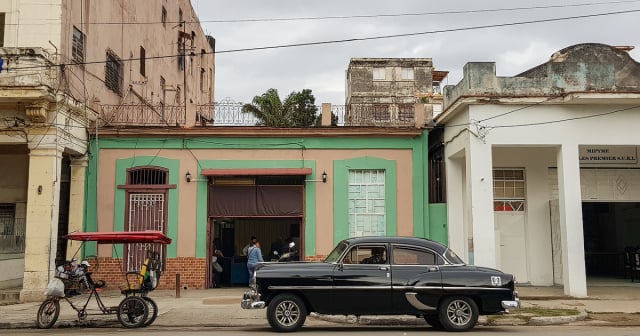The Cuban priest Leandro NaunHung shared a Creole version of sampa on social media, a long-lasting food that he recommended as a practical solution to the economic and food crisis the country is facing.
NaunHung explained on Facebook that sampa (or tsampa) is "a food made from toasted grains and seeds, full of energy for times of crisis."
He also noted that bee honey is used as a natural preservative and stated that sampa "can last more than 10 years without spoiling."
Finally, he recommended that dish because it is very useful "for times of food scarcity."
In the shared video, NaunHung started by toasting the beans, using peas this time, and then he ground them using a traditional wooden mortar.
The next step consisted of sifting the powder with a strainer, discarding the coarser particles and preserving the finer powder.
Later, he added honey and formed small balls with his hands. He indicated that they are not consumed immediately, as they must first dry in the sun before being ready to eat.
NaunHung has demonstrated a deep commitment to the rural communities of Santiago de Cuba, not only as a spiritual guide but also by providing practical support to individuals to face the everyday challenges imposed by the crisis.
The Catholic priest has found a creative way to help his community generate additional income: recycling aluminum cans.
Through social media, NaunHung shared a video in which he encourages residents of rural areas to collect empty beer cans and other products as a way to support both the parish and their own families.
Also, he recently distributed bread during a Sunday Mass in a rural area of Santiago de Cuba, highlighting this gesture as a way to share joy and resist the harsh reality faced by Cubans.
In a video posted on Facebook, he expressed a message of hope and solidarity while distributing bread in a rural area of Santiago de Cuba: “We bring you a gift, we bring you bread,” said the priest, emphasizing that, amidst the crisis affecting so many families, sharing food is a way to bring joy.
What do you think?
COMMENTFiled under:
